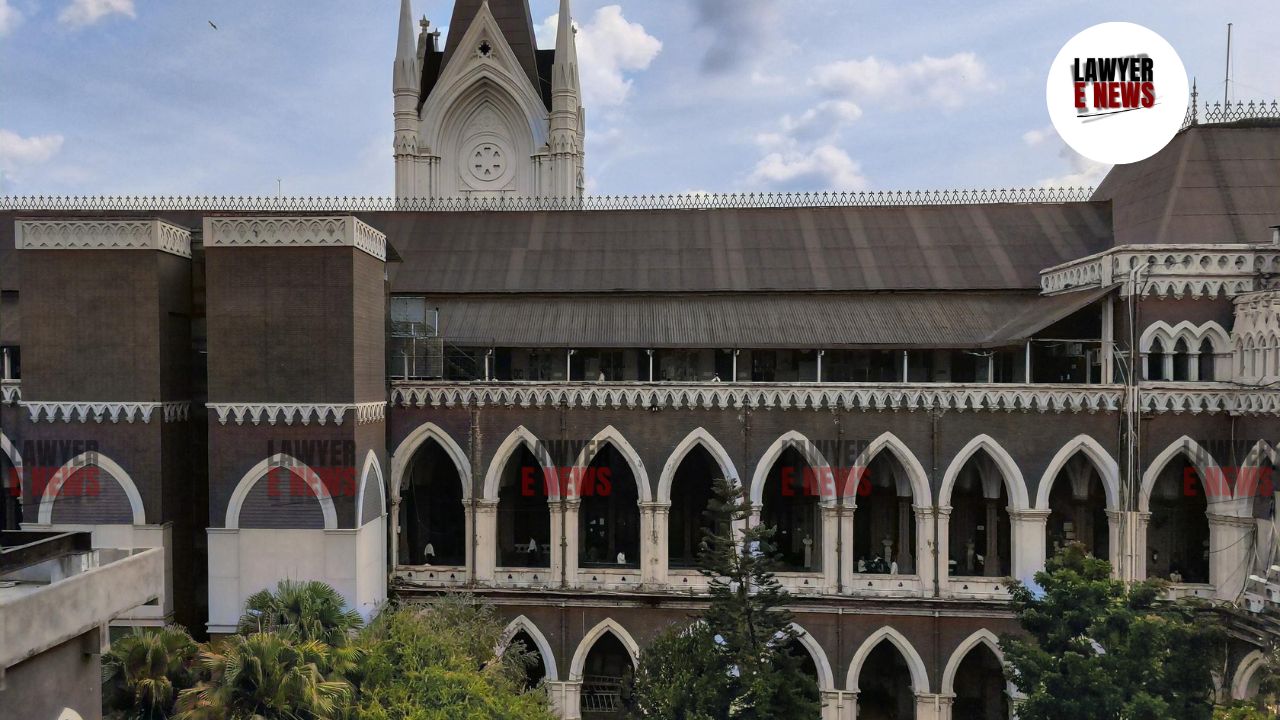-
by Admin
15 February 2026 5:01 PM



Guild is not a State under Article 12 of the Constitution. Private bodies have the right to select participants in their events - Calcutta High Court dismissed a writ petition filed under Article 226 of the Constitution by the Vishva Hindu Parishad (VHP), challenging the decision of the Publishers and Booksellers Guild to deny the petitioners a stall at the 48th International Kolkata Book Fair. The Court ruled that the Guild, being a private society, is not amenable to writ jurisdiction and its refusal did not violate the petitioners' constitutional rights.
Maintainability of Writ – Article 226 – Guild Not Amenable to Writ Jurisdiction
The petitioners argued that the Guild was performing functions akin to the State because the event was promoted and supported by the Government of West Bengal, making it a public function. The petitioners further alleged that the denial of a stall infringed their fundamental rights under Articles 14, 19(1)(a), and 21 of the Constitution.
Justice Amrita Sinha rejected these claims, holding, "The Publishers and Booksellers Guild is a private body registered under the Societies Registration Act and cannot be considered 'State' under Article 12 of the Constitution. Its actions do not qualify as public functions to attract writ jurisdiction under Article 226."
The Court relied on the Supreme Court rulings in Zee Telefilms Ltd. & Anr. v. Union of India and Board of Control for Cricket in India v. Cricket Association of Bihar, distinguishing those cases on the basis that the Guild’s role in organizing the book fair did not amount to exercising monopolistic or State-like powers.
Freedom of Speech and Expression – No Violation by Guild’s Refusal
The petitioners claimed that refusal to allot a stall prevented them from disseminating their ideas and publications, violating their freedom of speech and expression under Article 19(1)(a). The Court dismissed this argument, stating, "The Guild’s refusal does not restrict the petitioners from exercising their rights elsewhere. The book fair is not the sole platform for spreading ideas, and the petitioners can freely do so at other forums."
Justice Sinha further observed, "The Guild’s decision does not amount to throttling free speech. The petitioners can promote their publications in other book fairs or forums nationally or internationally. There is no monopoly or restriction imposed by the Guild."
Private Event – Guild’s Right to Choose Participants – No Obligation to Allot Stalls
The Court emphasized the private nature of the book fair and the Guild's autonomy in selecting participants. Justice Sinha remarked, "A private entity has the right to select participants in its events as per its preferences. No participant has a vested right to demand participation in a private event against the will of the organizer."
The Guild had adopted a resolution in 2024 not to allot stalls to organizations, which included the petitioners. Referring to this, the Court said, "The Guild is within its rights to frame its own policies and is not obligated to provide explanations for its decisions."
State’s Role in the Event – Financial Aid and Infrastructure Support Insufficient to Render the Event Public
The petitioners argued that the event became a public function because of the infrastructural support and financial aid provided by the State. The Court rejected this contention, stating, "The State acts as a facilitator to promote tourism and cultural activities, but this does not transform the event into a public function."
The Court clarified that while the State supports the fair, it does not interfere in the Guild’s management or decision-making processes. Justice Sinha stated, "The initiative to develop infrastructure at the fairground is a general welfare measure and does not imply that the State controls the event. The Guild remains a private body managing the fair independently."
Alternative Remedies – Private Law Remedy Available
Justice Sinha concluded that the petitioners’ grievance was not fit for adjudication under writ jurisdiction and suggested that private law remedies were available. She noted, "There may be a legitimate expectation by the petitioners due to their participation in previous years, but all wrongs cannot be remedied through writ jurisdiction. The remedy for the petitioners lies elsewhere."
The High Court dismissed the writ petition, holding that the Guild is not amenable to writ jurisdiction and that the refusal to allot a stall did not violate the petitioners’ constitutional rights. The Court remarked, "The remedy of the petitioners does not lie before this Court. The writ petition fails and is hereby dismissed."
Date of Decision: January 24, 2025
